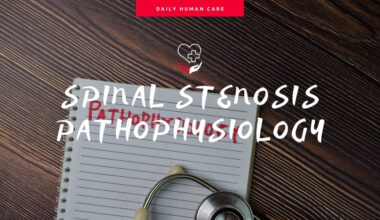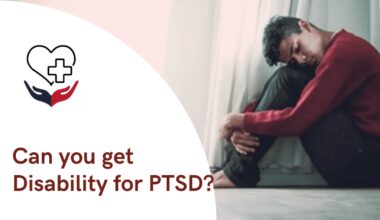Are you or someone you know struggling with substance use disorder? It can be an overwhelming experience and the path to recovery can seem daunting. But, there is hope! There are a variety of treatment options available for those with substance use disorder, ranging from medication-assisted therapy to holistic services to residential treatment centers like The Hope House.
Keep reading to learn more about the various treatment options Daily Human Care gather for substance use disorder.

Table of Contents
Inpatient or Residential Treatment
Inpatient or residential treatment is a treatment option for individuals struggling with substance use disorder. This type of treatment involves living at a treatment facility for a period of time, typically ranging from a few weeks to several months, and receiving intensive, round-the-clock care from medical and mental health professionals. Inpatient treatment provides a structured environment that allows individuals to focus solely on their recovery without the distractions and triggers of their home environment.
Inpatient or residential treatment may be recommended for individuals who have severe substance use disorder or who have experienced repeated relapses after outpatient treatment. Inpatient treatment programs typically offer a range of services, including detoxification, individual and group therapy, medication-assisted treatment, and aftercare planning. By providing a safe and supportive environment for individuals to work on their recovery, inpatient or residential treatment can be a highly effective option for those struggling with substance use disorder.
Medication-Assisted Treatment (MAT)
Medication-Assisted Treatment (MAT) is a treatment option for substance use disorder that involves the use of medication to help individuals manage cravings and withdrawal symptoms. MAT can be particularly effective for individuals with opioid use disorder, as medications such as methadone, buprenorphine, and naltrexone can help reduce withdrawal symptoms and prevent relapse. MAT can also be used to treat alcohol use disorder, with medications such as acamprosate and naltrexone commonly prescribed. MAT is often used in conjunction with counseling and therapy, as well as other supportive services such as peer support groups.
While some people may view MAT as simply replacing one addiction with another, the goal of MAT is to help individuals manage their addiction and work towards long-term recovery. MAT can be a highly effective tool for individuals struggling with substance use disorder, as it can reduce the risk of relapse and help individuals maintain their sobriety.
Behavioral Therapy
Behavioral therapy is a type of psychotherapy that aims to help individuals change their behaviors and thought patterns. It is an effective treatment option for substance use disorder because it addresses the underlying psychological and behavioral issues that contribute to addiction. Behavioral therapy can be used in both individual and group settings and can be tailored to meet the specific needs of each individual.
One type of behavioral therapy commonly used in the treatment of substance use disorder is cognitive-behavioral therapy (CBT). CBT helps individuals identify and change negative thought patterns and behaviors related to substance use. It also teaches coping skills to manage triggers and prevent relapse.
Holistic Therapy
Holistic therapy is a type of treatment that focuses on the whole person—mind, body, and spirit—rather than just the symptoms of substance use disorder. Holistic therapy can include a range of techniques, such as mindfulness meditation, acupuncture, massage therapy, and yoga. By incorporating these practices into treatment, individuals can learn to manage stress, reduce anxiety, and improve their overall well-being, which can in turn support recovery from substance use disorder. Holistic therapy can also provide a sense of connection and community, which is essential for long-term recovery.
Overall, the various treatment options for substance use disorder provide a range of approaches to combatting addiction, from medications to psychotherapy. Each option is tailored to the individual and their particular needs, and when combined can provide a comprehensive and effective approach to addiction recovery. Altogether, these treatment options are essential for those struggling with addiction, as they can provide the support and resources necessary to achieve lasting sobriety.



